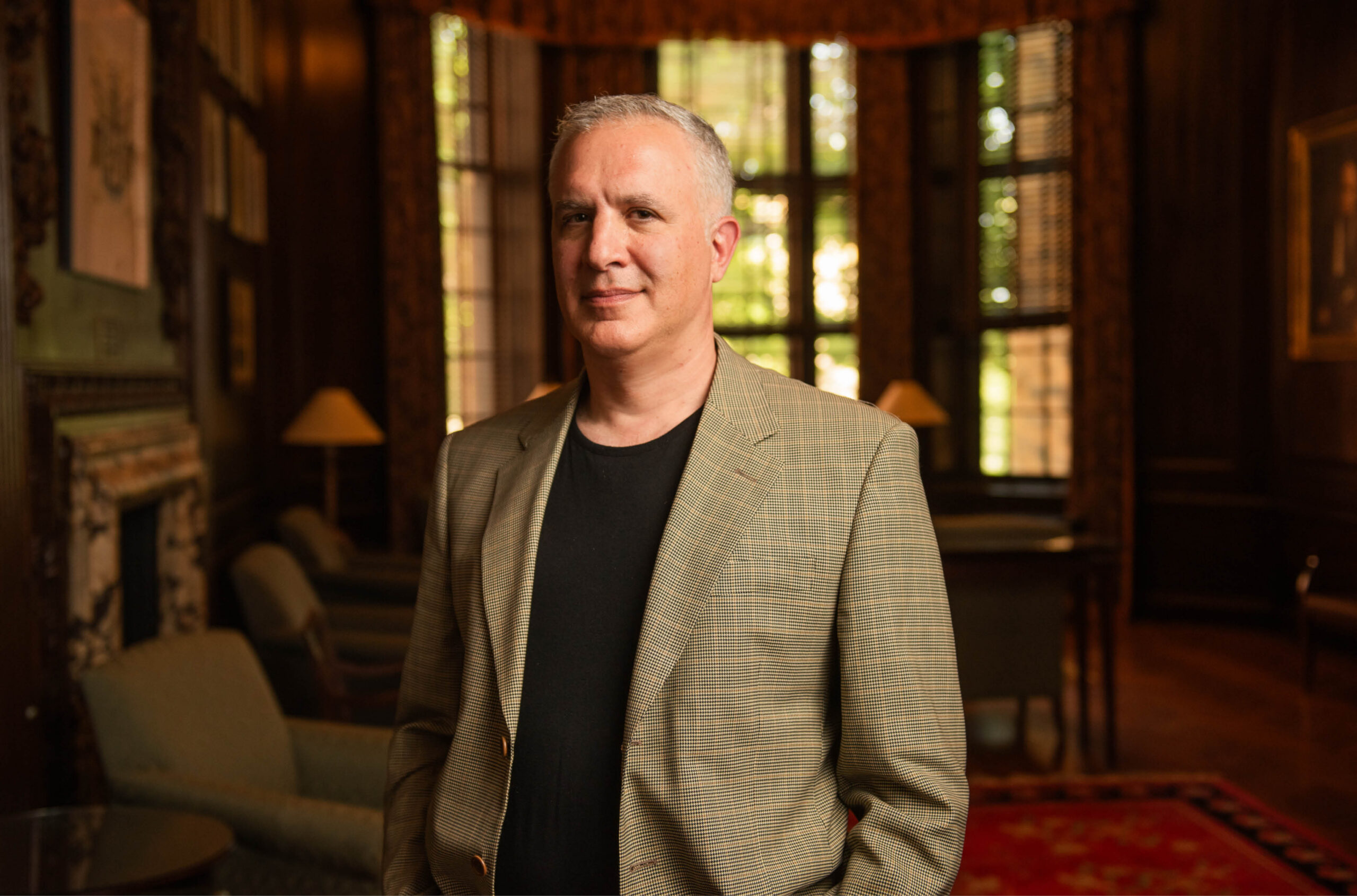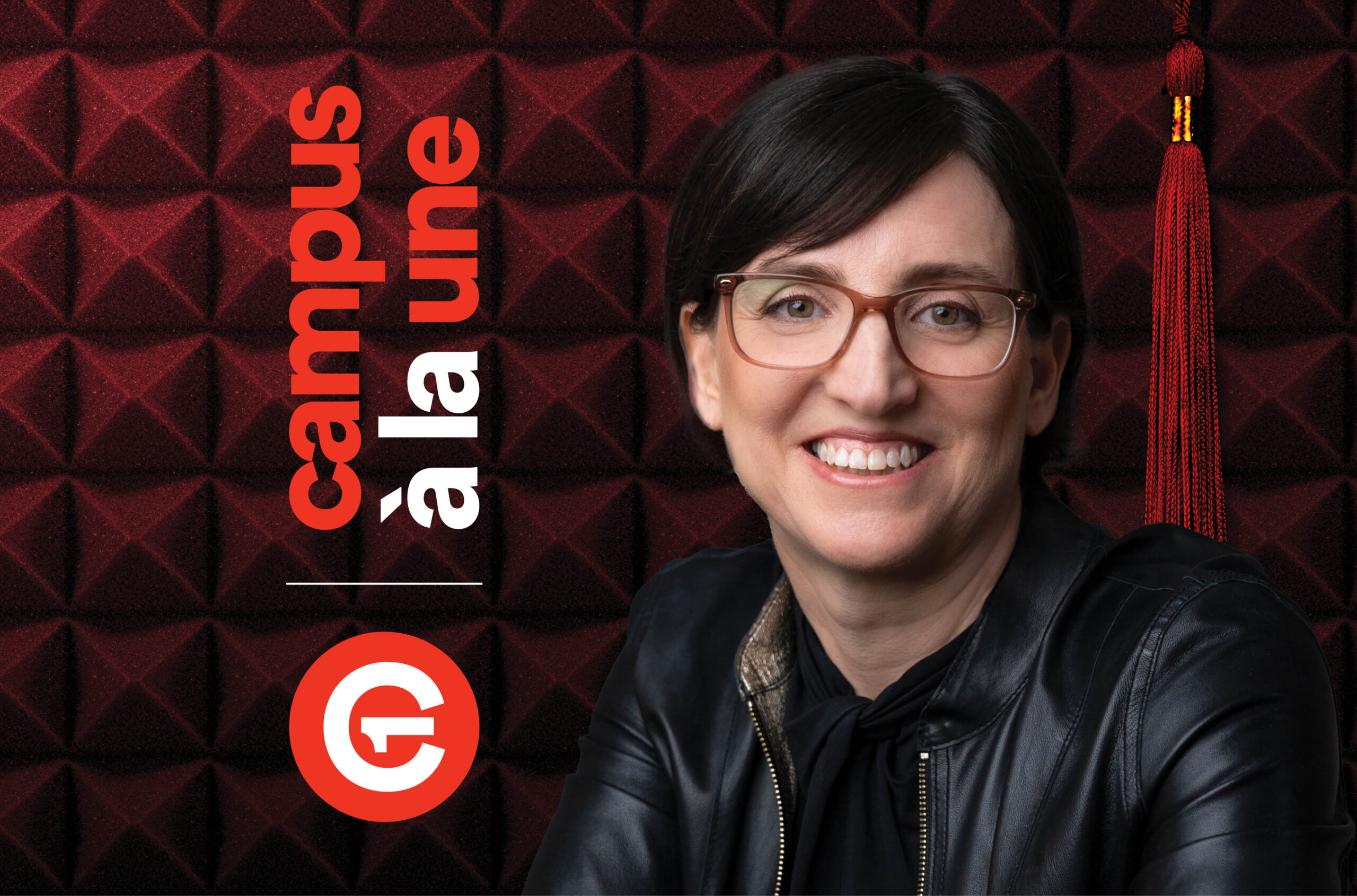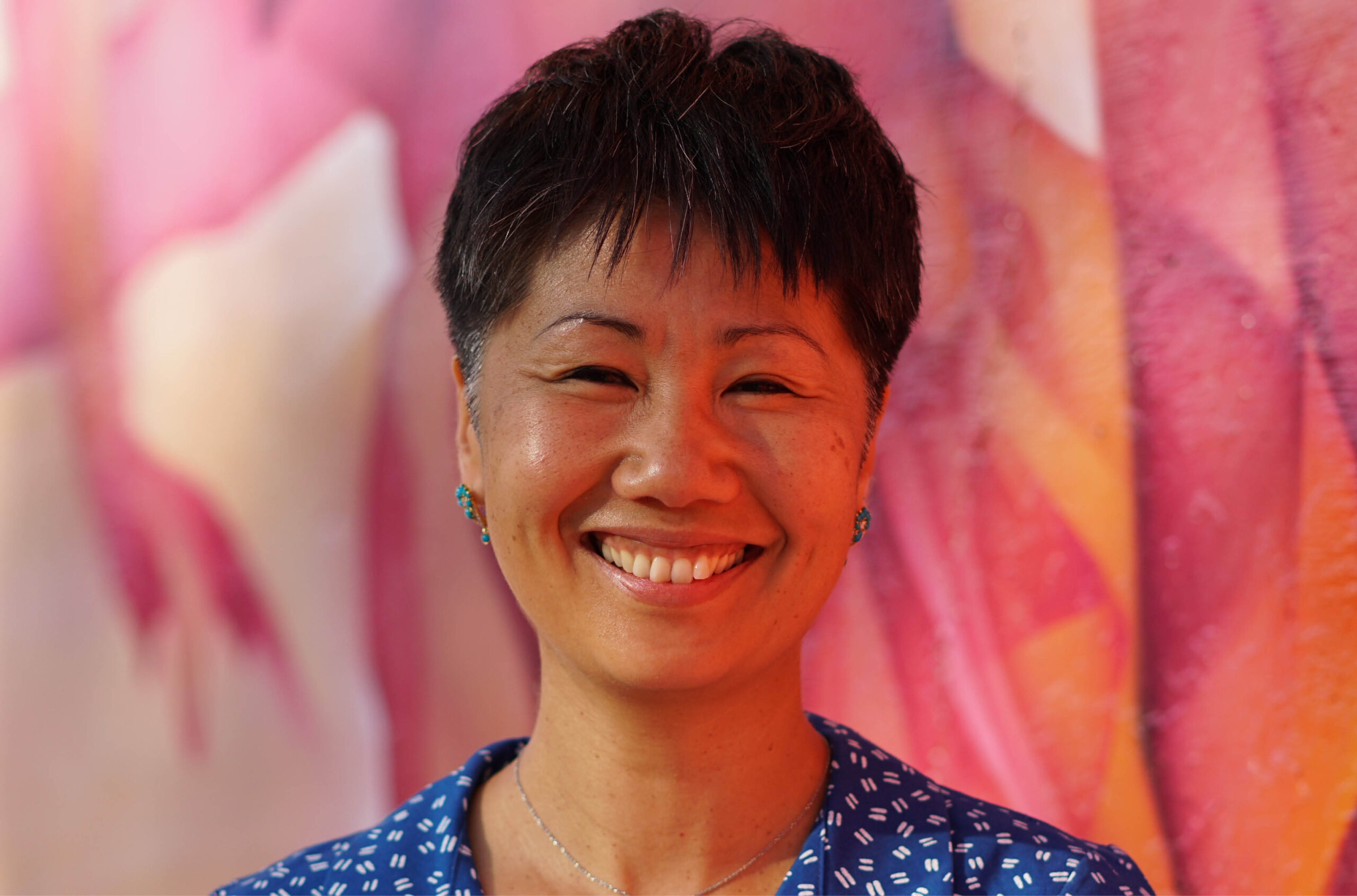A ‘precrime’ has been prevented – or has it?
A recent decision to deny a Chinese student’s visa to complete his PhD in Canada is raising questions about presuming motivations.

In late December 2023, a federal judge upheld a decision from a Canadian visa officer to deny a study permit to a Chinese applicant who sought to pursue a PhD at the University of Waterloo. The rationale behind this decision has a distinctive logic similar to that of “precrime”, the uncanny ability of mutants in Philip K. Dick’s novella and later blockbuster movie Minority Report to foretell crimes and apprehend future perpetrators before they act.
The applicant, Yuekang Li, applied to the doctoral program in the department of mechanical and mechatronics engineering to study under Carolyn Ren, who is a Tier 1 Canada Research Chair in microfluidic technologies. Mr. Li stated in his application that he intended to apply his knowledge of this research field towards the improvement of public health technologies in China. The visa officer denied the application because he thought that “there are reasonable grounds to believe that Mr. Li may engage in an act of espionage that is against Canada or that is contrary to Canada’s interests”, a position with which Chief Justice Paul Crampton agreed. The visa officer’s rationale was based on Mr. Li’s “education history and field of study as well as the [People’s Republic of China] PRC’s use of non-traditional espionage techniques.”
The “education history” component refers to Mr. Li’s undergraduate studies in mechanical engineering at Beihang University, an institution with strong connections to China’s military and defense apparatus. Regarding the field of study, the officer identified a threat in the fact that developing the microfluidics industry is a strategic priority for the Chinese government. Finally, the PRC’s “non-traditional espionage efforts” relate to statements in Canadian and U.S. intelligence reports pointing to the Chinese government’s use of “overseas scientists, students and other non-traditional agents to collect commercially and militarily sensitive information to advance its strategic interests, to the detriment of Canada.”
Mr. Li appealed on the grounds that the officer’s decision relied on speculation. Chief Justice Crampton, however, disagreed. He argued the officer’s “reasonable grounds to believe” in the espionage threat were “based on compelling and credible information.”
Chief Justice Crampton further supports the logic of precrime defended by the visa office’s anticipation that if Mr. Li were to complete his PhD at U of Waterloo, he “would be in a unique position to provide the PRC with information that may in the future be detrimental to Canada or contrary to Canada’s interests.” The chief justice maintained that because espionage does not need to happen while the perpetrator is in Canada, it is reasonable to assume that the presumptive future collaboration between Mr. Li and the Chinese government constitutes a threat to Canada’s interests.
While the chief justice regarded the evidence marshalled by the visa officer as “objective, credible and compelling,” what the evidence basically establishes about Mr. Li is that he attended an institution closely intertwined with China’s defense industry as an undergraduate student, and that he sought to do a PhD in a field that is a growth industry for China. That Mr. Li will eventually collaborate, willingly or not, with the Chinese government goes well beyond the facts narrated in the decision.
Conceivably, a different immigration officer might have assumed that Mr. Li, upon joining the lab of a highly accomplished faculty member at U of Waterloo, might be inspired to follow in her footsteps. Dr. Ren earned her bachelor’s and master’s degrees in the 1990’s at Harbin Institute of Technology in China and went on to pursue her PhD at the University of Toronto in the 2000’s. Incidentally, Harbin , like Beihang, is one of the “Seven Sons of National Defence”, a group of universities with close relations with the defense industry. Dr. Ren has not only become a CRC but her institutional profile lists a number of accolades, including affiliations with the Royal Society of Canada College of New Scholars and the Canadian Society of Mechanical Engineering, as well as designations as “WXN Canada’s Top 100 Most Powerful Women (2021)” and “one of 20 leading innovators in Women of Innovation: The Impact of Leading Engineers in Canada”. She is also credited as an entrepreneur whose innovations have led to the creation of four start-ups. Her record shows 18 patents obtained out of her research between 2011 and 2022.
In short, Dr. Ren appears to be a good example of Canadian success in the global race for talent. Joining the U of T as an international PhD student from China, she eventually became an entrepreneurial and highly recognized scientist at one of the country’s finest universities, with direct contributions to innovation.
Could Mr. Li be on the path to becoming another example of brain gain for Canada, thus serving the national interest? We will never know. Each of us can reasonably arrive at different conclusions in good faith, based on the same open source information. But this decision seems to involve a faith in one’s clairvoyance that would rival the “precogs” who staffed the “Precrime Police” in Mr. Dick’s fiction.
Featured Jobs
- Director of the McGill University Division of Orthopedic Surgery and Director of the Division of Orthopedic Surgery, McGill University Health Centre (MUHC) McGill University
- Anthropology of Infrastructures - Faculty PositionUniversité Laval
- Soil Physics - Assistant ProfessorUniversity of Saskatchewan
- Canada Impact+ Research ChairInstitut national de la recherche scientifique (INRS)
- Engineering - Assistant Professor, Teaching-Focused (Surface and Underground Mining)Queen's University















Post a comment
University Affairs moderates all comments according to the following guidelines. If approved, comments generally appear within one business day. We may republish particularly insightful remarks in our print edition or elsewhere.